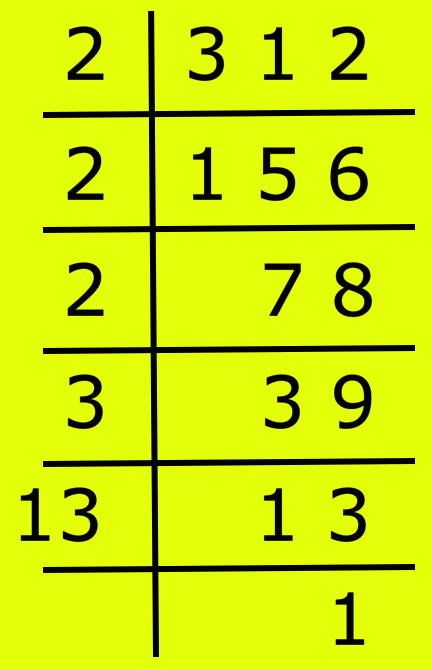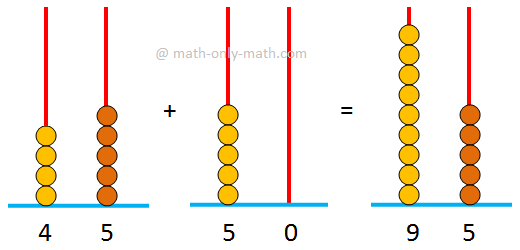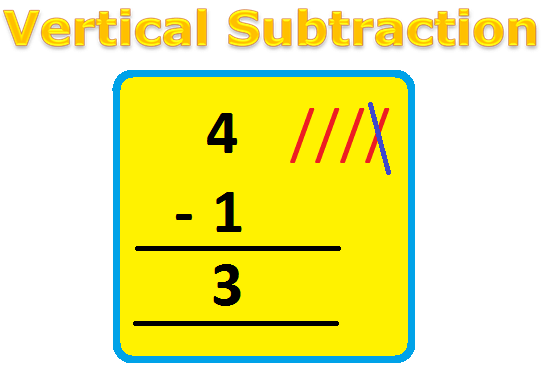Quadratic Equation has Only Two Roots
We will discuss that a quadratic equation has only two roots or in other words we can say that a quadratic equation cannot have more than two roots.
We will prove this one-by-one.
A quadratic equation has only two roots.
Proof:
Let us, consider the quadratic equation of the general form
ax2 + bx + c = 0, (a ≠ 0) ............... (i)
Now divide each term by a (since, a ≠ 0), we get
x2 + bax + ca = 0
⇒ x2 + 2 * x * b2a + (b2a)2 – (b2a)2 + ca = 0
⇒ (x + b2a)2 - b2−4ac4a2 = 0
⇒ (x + b2a)2 – (√b2−4ac2a)2 = 0
⇒ (x + b2a + √b2−4ac2a)(x + b2a - √b2−4ac2a) = 0
⇒ [x - (−b−√b2−4ac2a)][x - (−b+√b2−4ac2a)] = 0
⇒ (x - α)(x - β) = 0, where α = −b−√b2−4ac2a and β = −b+√b2−4ac2a
Now we can clearly see that the equation ax2 + bx + c = 0 reduces to (x - α)(x - β) = 0 and the equation ax2 + bx + c = 0 is only satisfied by the values x = α and x = β.
Except α and β no other values of x satisfies the equation ax2 + bx + c = 0.
Hence, we can say that the equation ax2 + bx + c = 0 has two and only two roots.
Therefore, a quadratic equation has two and only two roots.
Solved example on quadratic equation:
Solve the quadratic equation x2 - 4x + 13 = 0
Solution:
The given quadratic equation is x2 - 4x + 13 = 0
Comparing the given equation with the general form of the quadratic equation ax2 + bx + c = 0, we get
a = 1, b = -4 and c = 13
Therefore, x = −b±√b2−4ac2a
⇒ x = −(−4)±√(−4)2−4(1)(13)2(1)
⇒ x = 4±√16−522
⇒ x = 4±√−362
⇒ x = 4±6i2, [Since i = √-1]
⇒ x = 2 ± 3i
Hence, the given quadratic equation has two and only two roots.
The roots are 2 + 3i and 2 - 3i.
11 and 12 Grade Math
From Quadratic Equation has Only Two Roots to HOME PAGE
Didn't find what you were looking for? Or want to know more information about Math Only Math. Use this Google Search to find what you need.
Recent Articles
-
5th Grade Factors and Multiples | Definitions | Solved Examples | Math
Mar 23, 25 02:39 PM
Here we will discuss how factors and multiples are related to each other in math. A factor of a number is a divisor which divides the dividend exactly. A factor of a number which is a prime number is… -
Adding 2-Digit Numbers | Add Two Two-Digit Numbers without Carrying
Mar 23, 25 12:43 PM
Here we will learn adding 2-digit numbers without regrouping and start working with easy numbers to get acquainted with the addition of two numbers. -
Worksheet on 12 Times Table | Printable Multiplication Table | Video
Mar 23, 25 10:28 AM
Worksheet on 12 times table can be printed out. Homeschoolers can also use these multiplication table sheets to practice at home. -
Vertical Subtraction | Examples | Word Problems| Video |Column Method
Mar 22, 25 05:20 PM
Vertical subtraction of 1-digit number are done by arranging the numbers column wise i.e., one number under the other number. How to subtract 1-digit number vertically? -
Worksheet on 11 Times Table | Printable Multiplication Table | Video
Mar 22, 25 05:08 PM
Worksheet on 11 times table can be printed out. Homeschoolers can also use these multiplication table sheets to practice at home.






New! Comments
Have your say about what you just read! Leave me a comment in the box below. Ask a Question or Answer a Question.